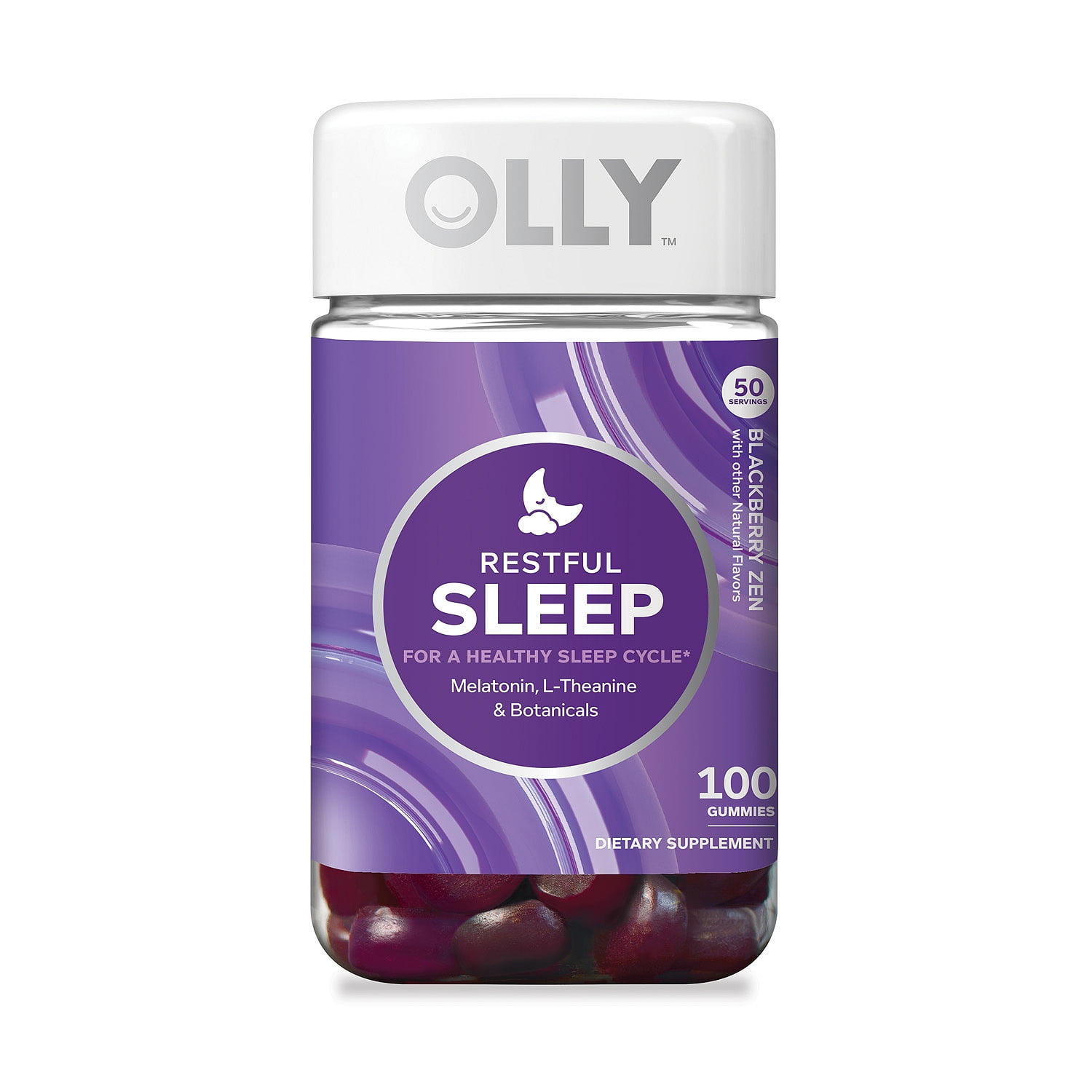

Ramkissoon says that combatting poor sleep might not be as simple as increasing your melatonin levels. The theory is that adding more melatonin on top of what your body is already releasing might help ensure good sleep.īut Dr. Melatonin supplements, on the other hand, are synthetically derived versions of this hormone that you can buy at the store, marketed as a way to fall asleep faster and stay asleep longer. These levels peak in the middle of the night and then gradually fall through the early morning hours until, finally, you're awake. "As a component of your sleep-wake cycle, its release is timed by the onset of darkness, so a few hours before bedtime."Īs natural light disappears in the evening, melatonin levels start rising, preparing your body for sleep. "Melatonin is a hormone your body naturally produces to promote drowsiness, helping to coordinate the transition from being awake to asleep," explains Dr. When you're not, is taking melatonin really the answer? What is melatonin?

"A lack of quality sleep over time is linked to a wide range of health issues, from high blood pressure to obesity - so it's important to take steps to ensure you're getting a good night's rest."

Rashad Ramkissoon, a primary-care physician at Houston Methodist. "Getting quality sleep is obviously important for waking up feeling well-rested, but it's also critical for our overall health," says Dr. No wonder some of us are seeking help from nighttime sleep aids, like melatonin supplements. More than 50% of adults have trouble falling or staying asleep at least a few times per week, according to a study by the National Sleep Foundation.


 0 kommentar(er)
0 kommentar(er)
